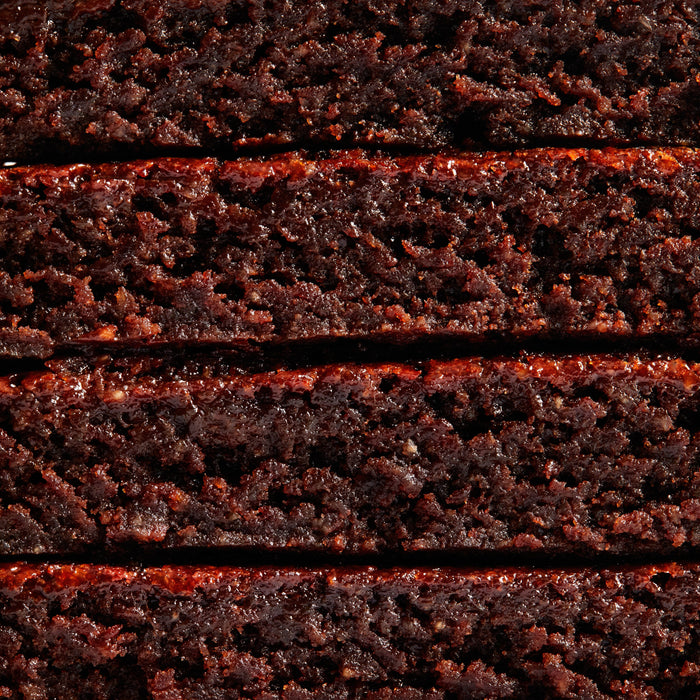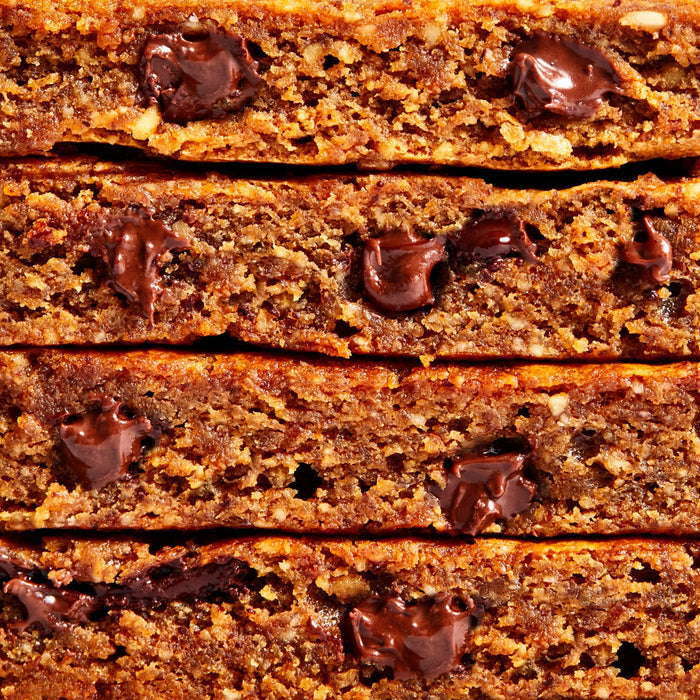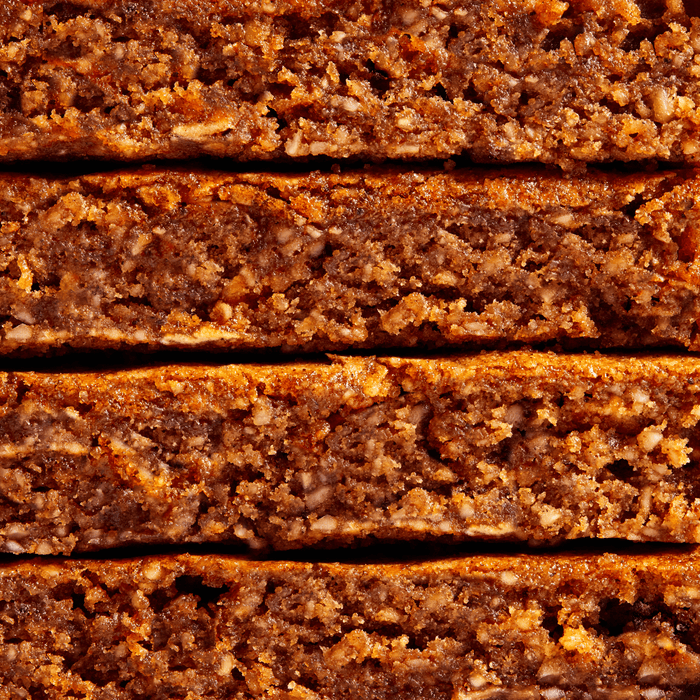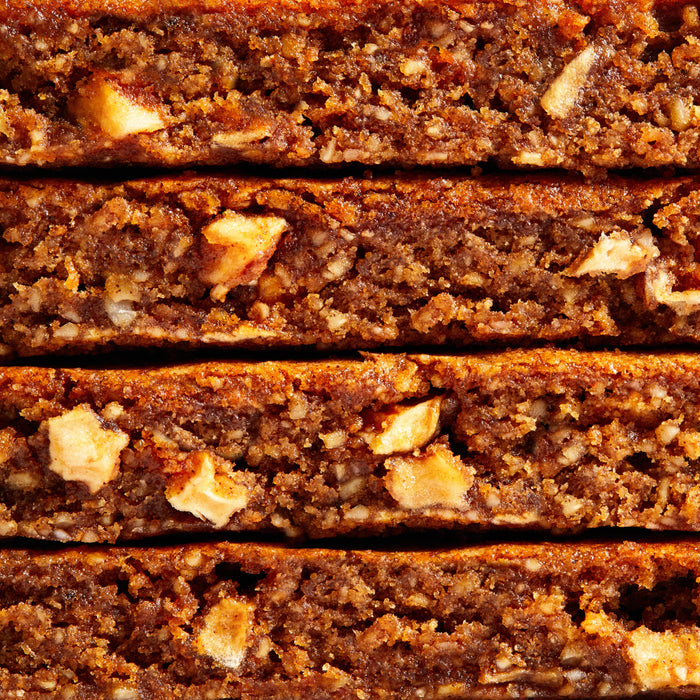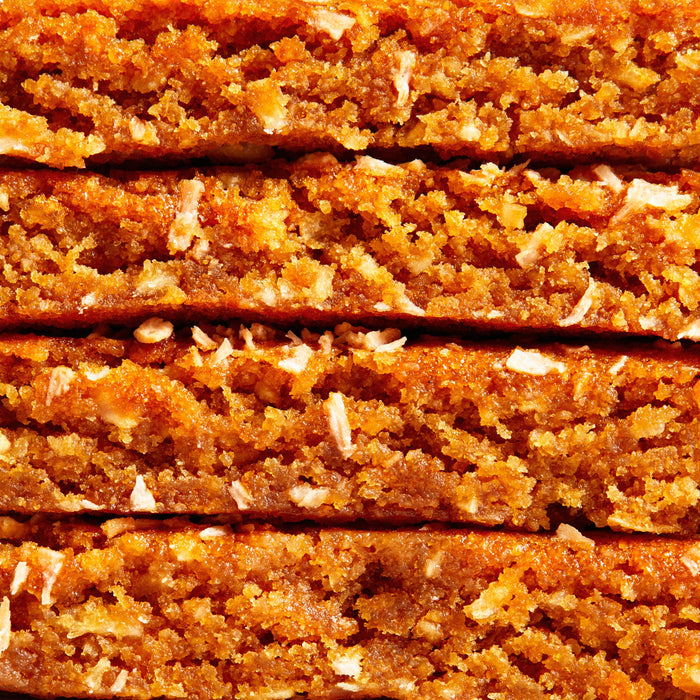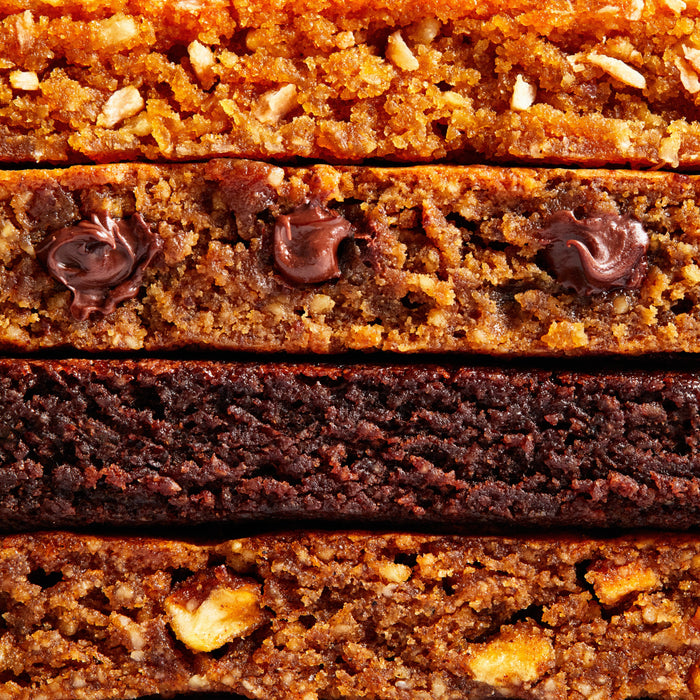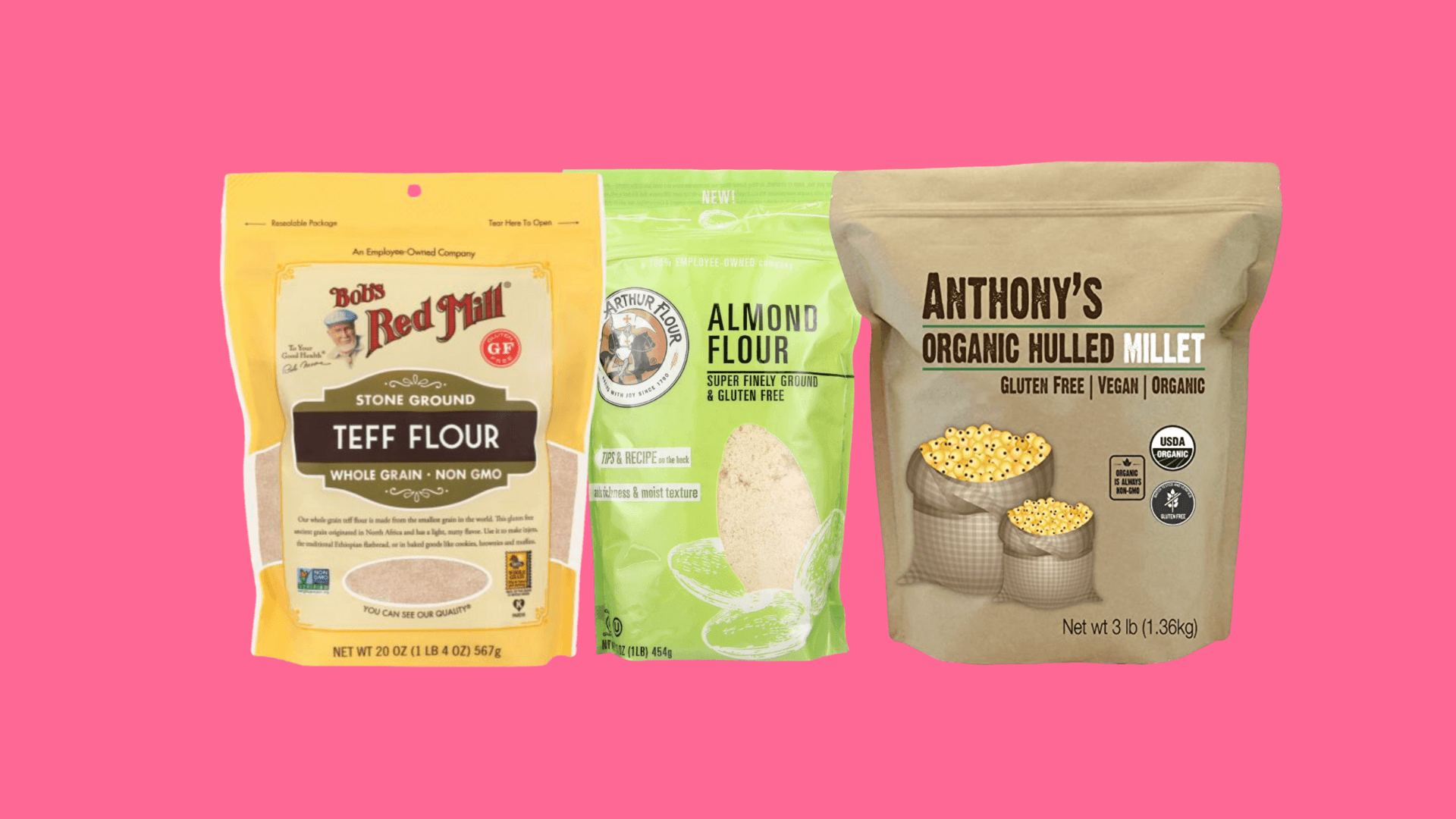

· By Najwa Khan
Top Best 3 Gluten-Free Delicious Flours for Baking

Author: Najwa Khan
Why Gluten Should be Eaten in Moderation
We are all aware of the gluten-free food trend but do we actually know the impacts gluten has on our body and why it is worth trying gluten-free flour alternatives in our diet.
The truth is gluten alone is not bad unless you have an allergy or other health issues adversely impacted by it. However, when gluten is eaten consistently on a non-balanced diet, it can cause minor adverse gut reactions, which over time, can lead to larger negative health outcomes. We aren’t advocating cutting out all gluten and grains but rather being mindful of how much gluten and grains are consumed in a given timeframe.
In people with the autoimmune disease, celiac, gluten triggers the immune system to attack the small intestine. Even trace amounts of gluten can cause significant damage. With repeated attacks, the small intestine loses its ability to absorb vital nutrients, such as calcium and iron.
For individuals that don’t have a major gluten intolerance, a diet regularly containing gluten may still cause adverse side effects in the small intestine. Over time these side effects may contribute to brain fog, bloating, leaky gut, digestive issues, and lethargy.
One Way to Limit Gluten in your Diet
To aid in limiting the amount of gluten in your overall diet, try substituting flour for these three alternatives, that are gluten-free, unique, and nutritious: 1) Teff Flour, 2) Millet Flour, and 3) Almond Flour.
Teff Flour
Teff is an African grain that grows widely in Eritrea and Ethiopia. It is one of the oldest cultivated plants for food use in the world. In addition to being gluten-free, teff is high in fiber, calcium, iron and protein. It is naturally gluten free and highly nutritious.
Tuft is commonly used for cooking and baking so it's a great substitute for whole grain flour. You can use teff flour for pancakes, cookies, cakes, muffins, and bread, as well as gluten-free egg noodles.
Nutritional Value for One Serving
- 354 calories per half a cup uncooked
- 13 grams of protein
- 70.6 grams of carbohydrates
- 7.7. Grams of fiber
- 2.3 grams of fat
Teff is also rich in B vitamins and a variety of minerals including calcium, iron, copper, magnesium, phosphorus, manganese, potassium, and zinc.
Want to try Teff Flour?
You can purchase directly from Bob’s Redmill for less than $8

Whole Foods carries the brand Maskal Teff for less than $6
Millet Flour
Millet is a cereal grain that belongs to the Poaceae family, commonly known as the grass family.
Millet has gained popularity in the West because it’s gluten-free and boasts high protein, fiber, and antioxidant contents.
Nutritional Value for One Serving
- Calories: 207 per on cup cooked millet
- Carbs: 41 grams
- Fiber: 2.2 grams
- Protein: 6 grams
- Fat: 1.7 grams
- Phosphorus: 25% of the Daily Value (DV)
- Magnesium: 19% of the DV
- Folate: 8% of the DV
- Iron: 6% of the DV
Millet provides more essential amino acids than most other cereals. These compounds are the building blocks of protein.
Millet grains can be used in a variety of ways. From rice to flour to cereal. As a flour, it can be used in baked goods to increase the overall nutritional composition of the final product.
Want to try Millet Flour?
You can purchase Anthony’s Organic Millet Flour directly from Amazon for less than $12

Almond Flour
Almond flour is a popular alternative to traditional wheat flour. It's low in carbs, packed with nutrients and has a slightly sweeter taste. It may also provide more health benefits than traditional wheat flour, such as reducing "bad" LDL cholesterol and insulin resistance.
Nutritional Value for One Serving
- Calories: 163 per 28 grams
- Fat: 14.2 grams (9 of which are monounsaturated)
- Protein: 6.1 grams
- Carbs: 5.6 grams
- Dietary fiber: 3 grams
- Vitamin E: 35% of the RDI
- Manganese: 31% of the RDI
- Magnesium: 19% of the RDI
- Copper 16% of the RDI
- Phosphorus 13% of the RDI
Almond flour can be substituted for many different dishes that call for flour. It is light in texture and allows you to get a chewy or cakey consistency when baking.
Want to try Almond Flour?
You can purchase almond flour directly from King Arthur for less than $11


